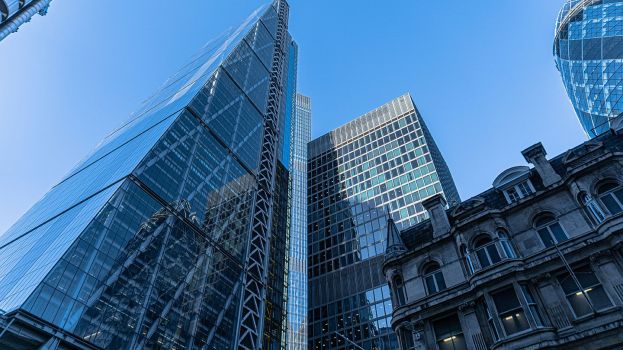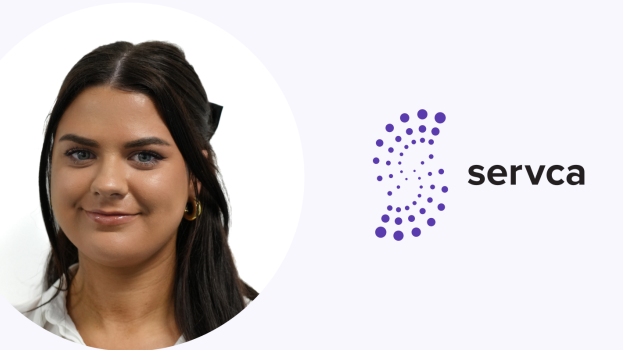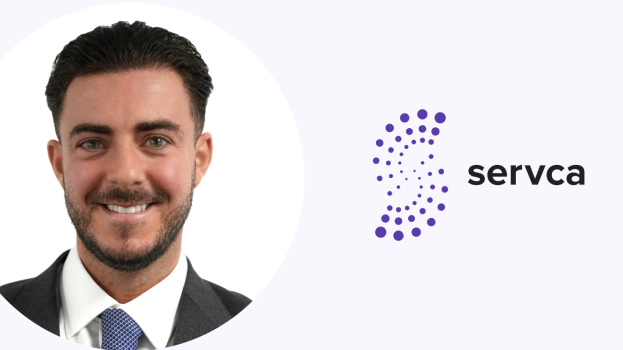Dentistry: Returning to Work under COVID-19 Conditions (Risk Management Guide)
Discover how to manage your medical practice under new COVID-19 conditions to keep you staff and your patients safe.
Blog
June 17, 2020
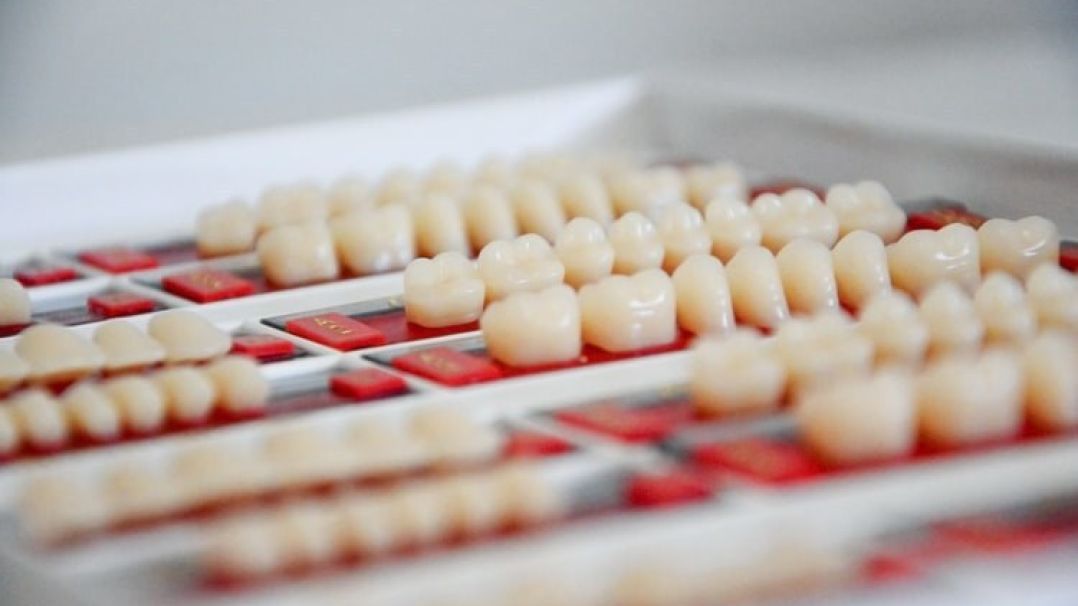
The Dental Industry & COVID-19
It is no unknown fact that the arrival of Coronavirus (also known as ‘COVID-19’ and ‘SARS-CoV-2’) within the UK has had a detrimental effect on the medical industry.For the majority of the UK lock-down dental surgeries both NHS and private have had to shut their doors to the general public. A lucky few patients have been able to contact their dentists through scheduled over the phone appointments but many have had to rely on the dental department of the NHS’s medical support service 111.Due to the softening of official lock-down guidelines, many dental practices are re-opening their doors and returning back to work this June.Whilst the general public moves into a more relaxed attitude it is important to remember we are still in the middle of a Global pandemic.
Protecting Both Practitioner & Patient
If you are a dental practitioner returning to a working environment, it is essential that you and your practice take the steps required to ensure your practice is best equipped to protect your patients from the new risks COVID-19/SARS-CoV-2 present.As a risk management specialist, we have compiled a list of recommendations to consider when returning to work, to ensure safety from the virus for your staff and patients.Understandably, the Dental Industry has always ensured important clinical measures in their general practice to elevate health and safety for staff and patients as they already work within some of the strictest infection control standards.However it is important to maintain the government’s concerns for public health when working within high risk clinical environments that may encourage the spread of disease/viral infection.As social distancing is also still recommended within government guidelines for public social interaction, they should also be considered, systems being updated to fit in line with social distancing expectation for as long as required.Therefore to meet these standards modifications to the patient journey may be required to create ‘safe from infection’ spaces within these Dental surgeries.
Risk Management recommendations for Dental Practices against COVID-19
Wearing Masks
As it stands there are various arguments against which medical masks are most appropriate to defend against the SARS-CoV-2 virus and other airborne infections – especially where specific masks and other PPE (Personal Protective Equipment) are required to be worn during specific dental/surgical procedures.In the event that different masks are required to be worn for varying procedures, the dental surgery should take into account the equipment and re-evaluate its protection against COVID-19 and other respiratory infections.There has been some evidence that in some dental practices standard surgical face masks and visors are appropriate equipment against COVID-19 infection.Research should be conducted to ensure appropriate PPE is being worn to also combat exposures to COVID-19.If the UK Government presents use for specific masks to be implemented into healthcare environments, or evidence from COVID-19 related clinical trials suggests specific equipment may be better suited, then this data should be considered when choosing equipment for staff members to wear within different areas of the dental surgery and/or different dental procedures.
Creating PPE Zones
The creation of PPE (Personal Protective Equipment) Zones may be required within the Dental Practice.During the London lockdown many essential GP surgeries remained open for urgent medical care or essential appoints. These GP surgeries outlined PPE zones within the practice.Patients were given protective equipment such as medical masks, goggles and gloves upon entry of the clinical environment, whilst medical staff and reception staff followed similar guidelines.When leaving these facilities goggles were returned to staff members to be disinfected and gloves were disposed of with medical waste.Face masks were encouraged to be worn or changed for fresh ones upon leaving the surgery for self-protection.
Considering Risk of Airborne Particles
It must be remembered that COVID-19 is a respiratory based infection spread through touching and inhaling air that contains particles of the virus.In AGP environments airborne particles can remain indefinitely, increasing the daily risk of the virus being inhaled should it be introduced into an AGP and clinical environment.Evidence has been shown that aerosols within less than 50um (micrometres) can take up to 30 minutes to settle.Time should be taken out of scheduled in between patients to allow particles to “settle”.
Disinfecting between Patient Appointments
Investigatory studies have shown that in Wuhan hospitals (where the virus initially spread) majority of the virus particles had fallen and settled onto the ground.As these surfaces were not disinfected the virus particles touching its surface remained live and where spread around onto clothing and skin of patients, medical professionals, and floor touching objects that passed particles on to individuals. All surfaces and floors should be disinfected between patients and procedures to ensure safety for patient and practitioner when present within the clinical environment.Where AGPs have been conducted shoe-covers should be worn within the clinical area and removed before leaving the clinical environment (and then disposed of with medical waste) to reduce risk of infection from virus particles that may have settled on the floor/surfaces.
Limiting Exposure to Aerosols within the Dental Practice
Various methods and systems to limit exposures to aerosols within the practice can be implemented.Updating and adding protective elements to the patient journey inside the practice can help reduce these exposures.Some of these practices include:Patients conducting pre-procedural mouth rinsingUse of Dental Dam’s during procedures where possibleUse of HVE devicesWearing the appropriate masks and other protective gear such as visors, gloves and gogglesShoe coversLong Sleeved gowns to prevent spread of infection to clothing and skin for both practitioner and patient
Ensuring the Safety of You & Your Clients
By ensuring we do what we can to protect our clients and ourselves with potential harm to is essential. If you catch coronavirus during the re-opening of your Dental surgery not only will you have to close your surgery a second time, but you will also have to face the life altering implications of suffering from the disease that include high risk of death. Risk managing your workplace is essential for your own safety.Did you also know – Risk Managing your Dental surgery to protect against COVID-19 can also reduce the likelihood of a claim being made against you.How?Patients who contract serious infection, or disease (such as COVID-19 for example) after recently visiting your practice and receiving care, may file a claim against you even if their appointment or dental procedure went along smooth with zero hiccups.But why would this result in a claim at all? Your Dental procedures and safety guidelines in place wouldn’t have directly caused spread of COVID-19 - Right?You cannot be sure of that.If a patient contracts COVID-19 (or another respiratory/touch based infection/virus/disease) after visiting your facilities, the patient may have picked up the illness from surfaces that had not been properly cleaned, or clinical areas within the practice that had not taken appropriate measures (like disinfecting surfaces and wearing PPE).Therefore, if a patient feels you are/your facility is responsible for their contraction of an infection/virus/disease, they can file a claim against you as it was your duty as a medical facility to ensure patient protection and clean hygienic spaces as expected.
Dental Indemnity – Protecting Your Business
Finally, when returning back to the workplace ensure you have the appropriate cover required to return to work. This is especially the case if you were unable to up-hold your insurance policy and cancelled it whilst unable to return to work – due to the exposures and risks imposed into the insurance industry via COVID-19.Why is this important? MDO’s and Providers may try and cut costs on claims where possible, limiting cover available to Dental Practitioners (therefore limiting your work) and by rejecting your claim if you have discretionary based indemnity cover, leaving you to cover your own claim.If you are returning back to work and are worried about the affects COVID-19 may have on your business, or potential claims being made, we recommend if you have not already done so already that you switch to Contractual Indemnity (and not just in defence against COVID-19 but permanently).Why? Providers who offer discretionary indemnity don’t have to pay out on every claim made against you.Due to the type of coverage you have, they reserve the right to choose and decline with claims to cover against regardless of how much you paid for your policy or the quality of the care you generally provide. Whereas under contractual indemnity, your provider MUST pay out on a claim whether they want to or not, ensuring your safety against any claim made within the limit and agreements of your policy.
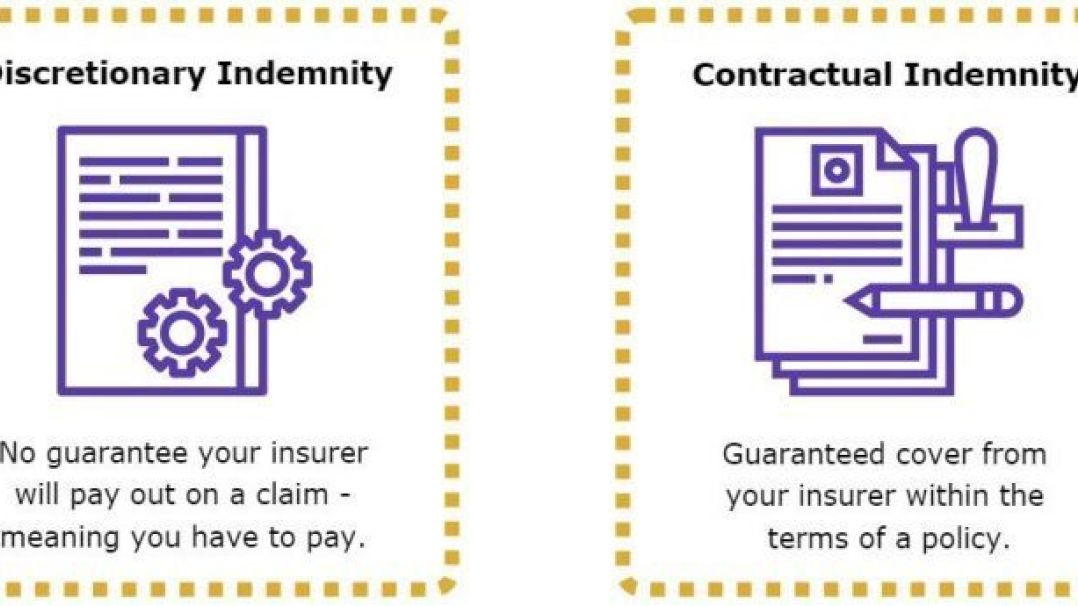
While no one wants to receive a claim practitioners are always at risk to receiving a claim, even if they risk manage and do everything by the book.If a patient believes medical negligence is at play you can expect a claim. By ensuring you have the right form of coverage, you protect yourself indefinitely form claims throughout you policy.Servca Group are not only risk management specialists, but we provide quality Grade ‘A’ contractual indemnity coverage to medical practitioners, including dentists and dental medical entities.You can find out more about our Dental Indemnity services by clicking the button below, or by filling out our “Get A Quote” form to receive a complementary quotation.
